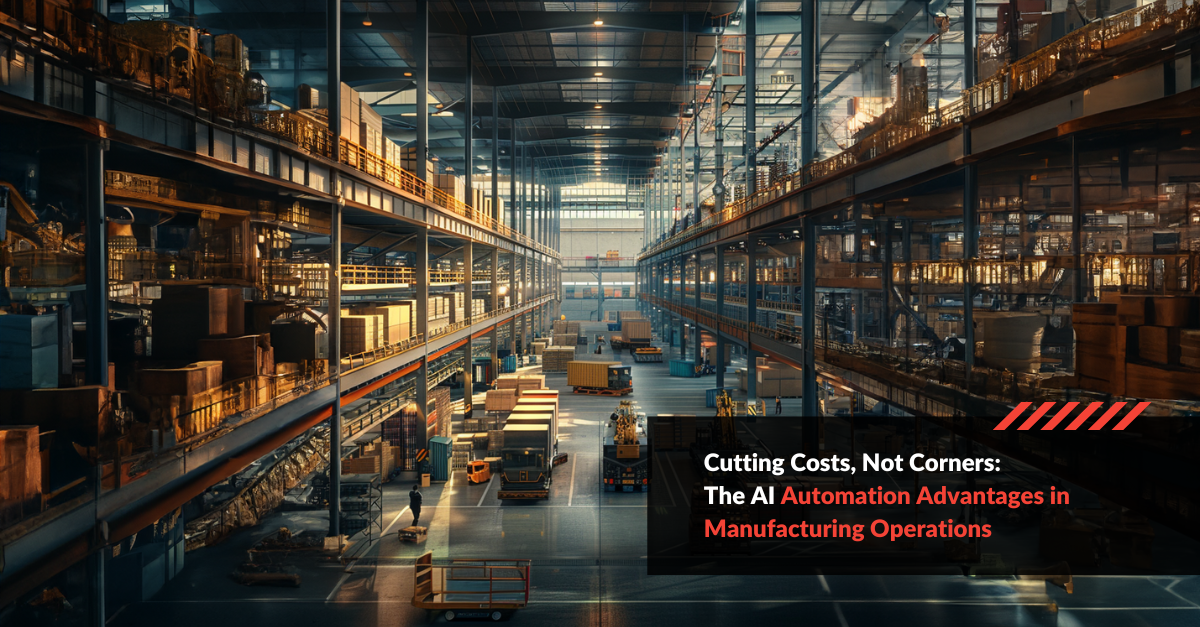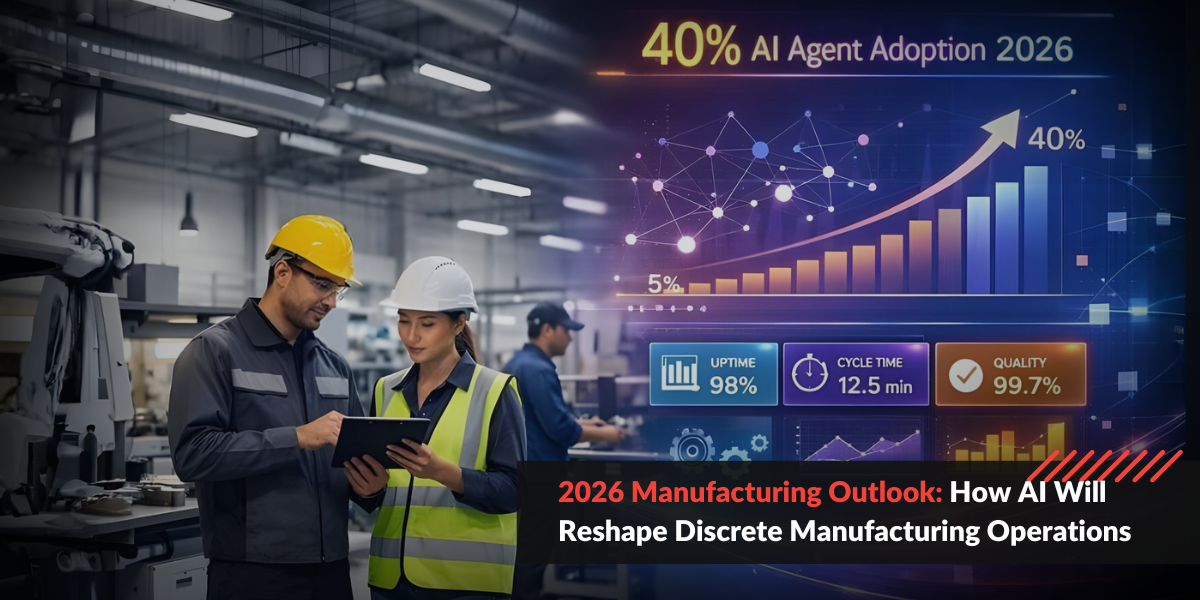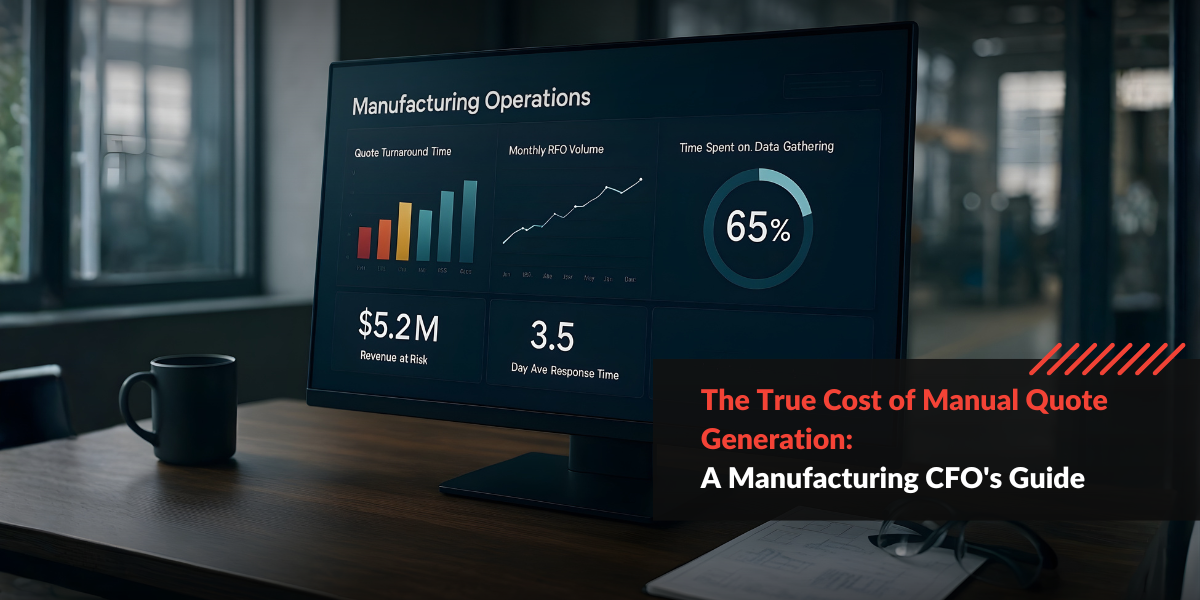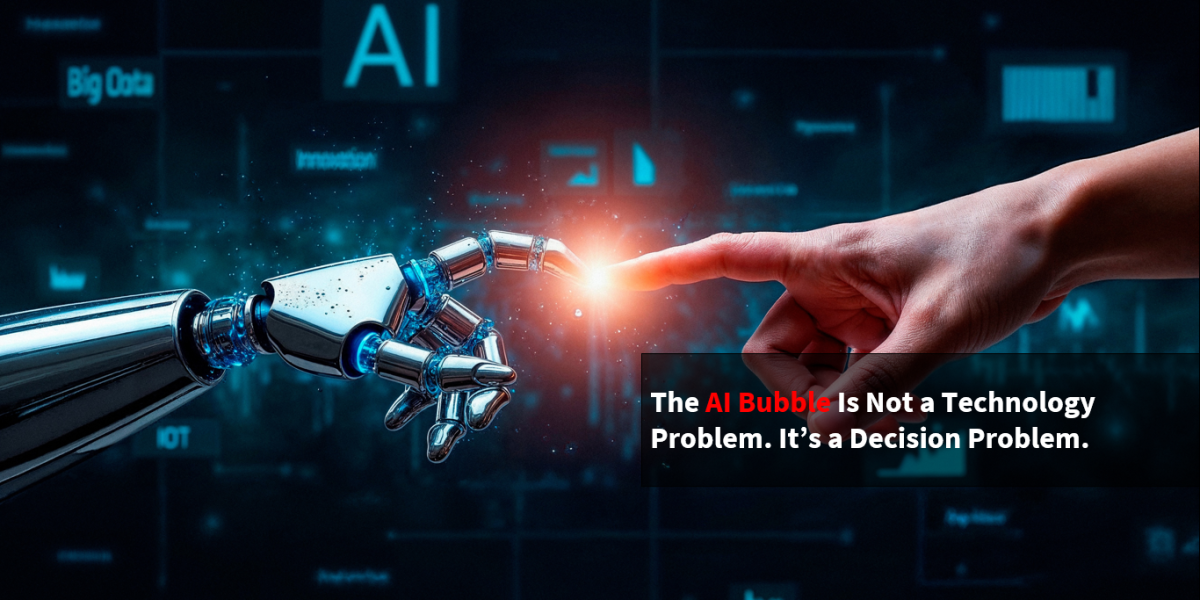In the heart of today’s manufacturing landscape, AI Automation stands not as a distant vision of the future but as a dynamic, integral force shaping the present. This transformative technology has already begun to redefine the boundaries of efficiency and productivity, offering tangible solutions to age-old challenges of cost management and quality assurance. Far from the realms of speculative fiction, AI in manufacturing is a concrete reality, driving unprecedented growth and innovation across the sector.
A Deloitte survey reveals a strong consensus among companies regarding the significance of AI in the manufacturing sector, with 93% acknowledging its critical role in fostering growth and innovation. Additionally, 87% of those surveyed are either already leveraging AI technologies or intend to within the next two years.
As we navigate through this blog, we will explore the real-world applications of AI in manufacturing, demonstrating how this technology is making an immediate, impactful difference in the way companies operate, compete, and succeed in today’s fast-paced market.
The Rising Costs in Manufacturing
In the world of manufacturing, the ripple effects of rising material costs extend far beyond the surface, penetrating deep into the core of business operations and strategic decision-making.
This escalating challenge is not merely a matter of financial concern but a complex puzzle that manufacturers must solve to maintain competitiveness and ensure sustainability. The reasons behind rising costs are multifaceted, including global market volatility, geopolitical tensions, environmental regulations, and supply chain disruptions, each adding a layer of complexity to the manufacturing process.
Global Market Volatility
The prices of raw materials are subject to the whims of global markets, where fluctuations are the norm rather than the exception. Factors such as commodity price changes, demand shifts, and speculative trading can cause significant volatility, making budgeting and financial planning a daunting task for manufacturers.
From the sweeping impacts of inflation, banking instabilities, and looming recession fears to the acute talent shortages and ongoing geopolitical tensions, the sector is under constant pressure. These factors, compounded by the aftermath of a pandemic that brought unforeseen work halts, supply chain dilemmas, and other unexpected hurdles, underscore the prevailing market volatility. The Crowe Executive Outlook Study, a collaborative research initiative between Crowe LLP and Forbes, reveals a telling statistic: a notable 55% of manufacturing firms report facing substantial volatility within their operations.
Geopolitical Tensions
Trade policies, tariffs, and geopolitical conflicts can severely impact material costs. Import restrictions or duties on certain materials can lead to sudden increases in costs, forcing manufacturers to reassess their supply chain strategies and sourcing practices.
Labor Costs
Labor Costs present another substantial challenge. The scarcity of talent that is very adaptable to both the changing technological advancements and traditional methods as well has led to a competitive job market where wages are on the rise. Furthermore, the integration of complex machinery and systems necessitates ongoing training and development programs, adding to the labor cost burden.
Maintenance Costs
The cost of maintaining aging infrastructure and machinery can be prohibitively high, yet necessary to avoid costly downtime. Manufacturers are often caught in a cycle of reactive maintenance due to the unpredictability of equipment failure, which is both inefficient and expensive. Additionally, energy costs, driven by machinery and plant operations, contribute significantly to operational expenses, especially in energy-intensive manufacturing sectors.
Faced with these challenges, traditional approaches to cost-cutting in manufacturing—such as lean manufacturing, outsourcing, and process optimization—find themselves at their limits. While these strategies can yield incremental savings, they often fall short of addressing the systemic impact of rising costs.
Understanding AI Automation in Manufacturing
AI automation in manufacturing encapsulates the integration of artificial intelligence technologies to automate complex production processes, enhance efficiency, and improve decision-making. It’s a broad term that encompasses various AI technologies tailored to optimize manufacturing operations. This fusion of AI and automation is revolutionizing the industry, propelling it into a new era of innovation and productivity.
The efficiency and cost reductions achieved through AI automation are underpinned by strong data foundations. To fully capitalize on these benefits, companies must focus on designing robust data architecture that ensures clean, accessible, and reliable data streams feeding their AI systems.
The Tangible Benefits of AI Automation in Manufacturing

Operational Efficiency
The adoption of AI-driven processes is a leap towards unparalleled operational efficiency. By significantly reducing the need for manual intervention, these intelligent systems streamline workflows and cut down on waste, translating into substantial time and cost savings. The result is a leaner, more agile manufacturing process that can swiftly respond to the demands of the market.
Increase in Precision
Accuracy is the cornerstone of quality manufacturing, and AI is setting new standards in this domain. From the intricacies of assembly to the critical eye of quality control, AI enhances task precision, minimizing errors and ensuring that products consistently meet high-quality standards. This precision not only bolsters reputation but also reduces costly rework and waste.
Enabling Scalability
Flexibility in scaling operations is crucial for manufacturers to capitalize on market opportunities. AI systems are inherently scalable, effortlessly adjusting to fluctuations in production volume. This adaptability allows manufacturers to efficiently manage peak periods and scale down when necessary without sacrificing operational efficiency or product quality.
Boosting Flexibility
The manufacturing sector is no stranger to change, whether it’s shifting market demands, new product introductions, or evolving production technologies. AI automation equips manufacturers with the flexibility to swiftly adapt to these changes, ensuring they remain competitive and can seize new opportunities as they arise. This dynamic capability supports manufacturers in navigating the complexities of the modern marketplace with confidence and agility.
AI Automation Use-Cases in Manufacturing
Production and Quality Control
The nuanced use of AI in fine-tuning production planning and scheduling is a testament to its precision. Similarly, quality control has been elevated, with automated systems meticulously ensuring that every product adheres to the highest standards, seamlessly blending into the background of manufacturing excellence.
Navigating the Supply Chain
AI Automation serves as an unassuming navigator, guiding inventory management, demand forecasting, and logistics with a level of insight previously unattainable. This silent efficiency backbone fortifies the supply chain, making it both more resilient and streamlined.
Financial Operations
The quiet revolution in financial processes brought about by AI Automation is marked by an increase in accuracy and a reduction in manual labor. From invoicing to financial reporting, AI’s role is pivotal yet unobtrusive, ensuring a smoother financial workflow.
Document Management
By integrating features such as natural language processing and machine learning, AI Automation is redefining document management. This technology discreetly classifies, sorts, and analyzes documents, enhancing both accessibility and compliance without disruption.
Customer Relationships and Sales
Automation can enable enhanced customer engagement and sales effectiveness through automated email responses, ticket management, feedback collection and streamlined sales order processing.
Supplier and Vendor Management
In the background, Intelligent automation is also transforming how manufacturers select and manage their suppliers and vendors. By evaluating performance and managing risks more effectively, manufacturers can ensure that supply chains are not just efficient but also robust and reliable.
Use-Cases Based on Unique Requirements
Beyond the broad applications of AI automation in manufacturing, there are specialized processes that benefit from a tailored approach to AI integration. These unique requirements underscore the versatility and adaptability of AI solutions to meet specific operational challenges.
For instance, parts cross-referencing in manufacturing is a prime example of how AI can be applied to a complex process. This task, critical for ensuring the compatibility and availability of components for production and maintenance, can be significantly optimized through AI automation. By intelligently navigating extensive databases and catalogs, AI streamlines the cross-referencing process, enhancing accuracy and efficiency. Here’s a detailed guide for Manufacturers to implement parts cross referencing in their enterprise.
The strategic advantage of adopting AI automation cannot be overstated. By automating complex processes and optimizing every aspect of manufacturing—from production and quality control to supply chain management, financial operations, and beyond—companies can achieve significant cost reductions and efficiency gains. The unique use-cases, such as parts cross-referencing, further illustrate AI’s versatility and its ability to meet specific operational challenges, proving that AI’s applications in manufacturing are as varied as they are valuable.
As we conclude, we encourage manufacturers to not only consider but actively explore how AI can be integrated into their operations. The journey towards AI automation is a strategic move towards not just surviving but thriving in today’s competitive market. It’s about leveraging technology to create more resilient, efficient, and innovative manufacturing processes that can stand the test of time and market fluctuations.
Get in touch to explore the endless possibilities that AI automation holds for the manufacturing industry.




